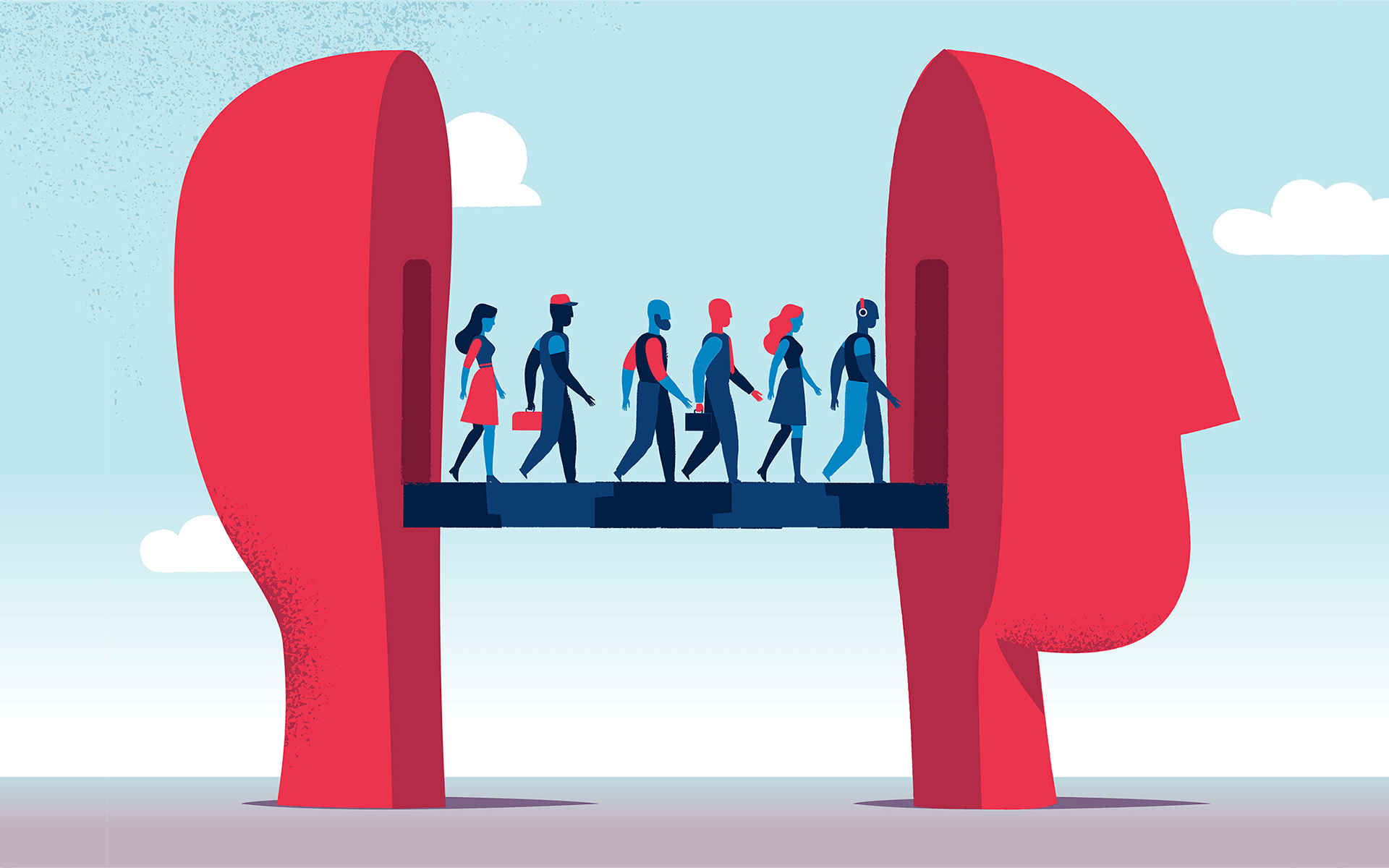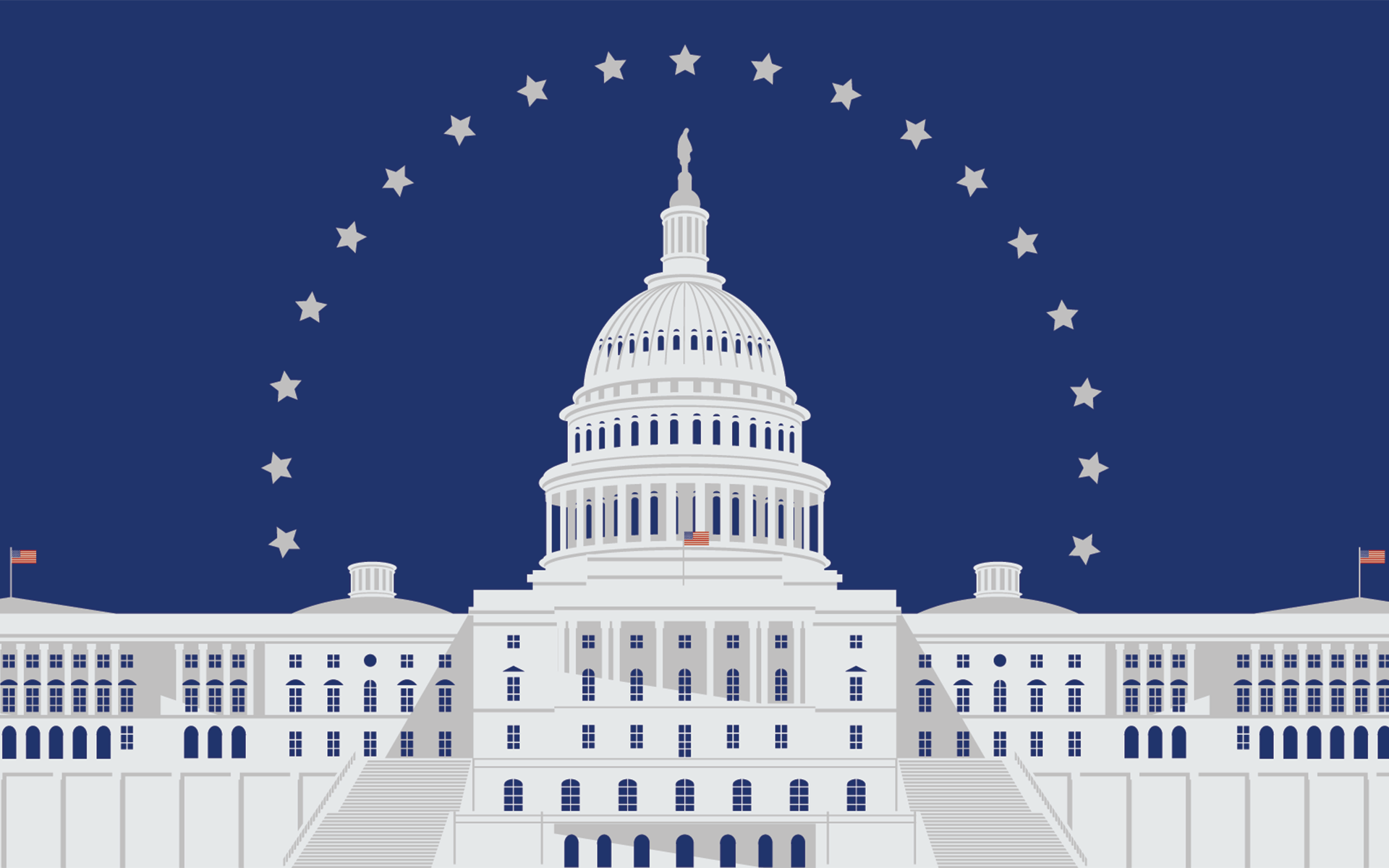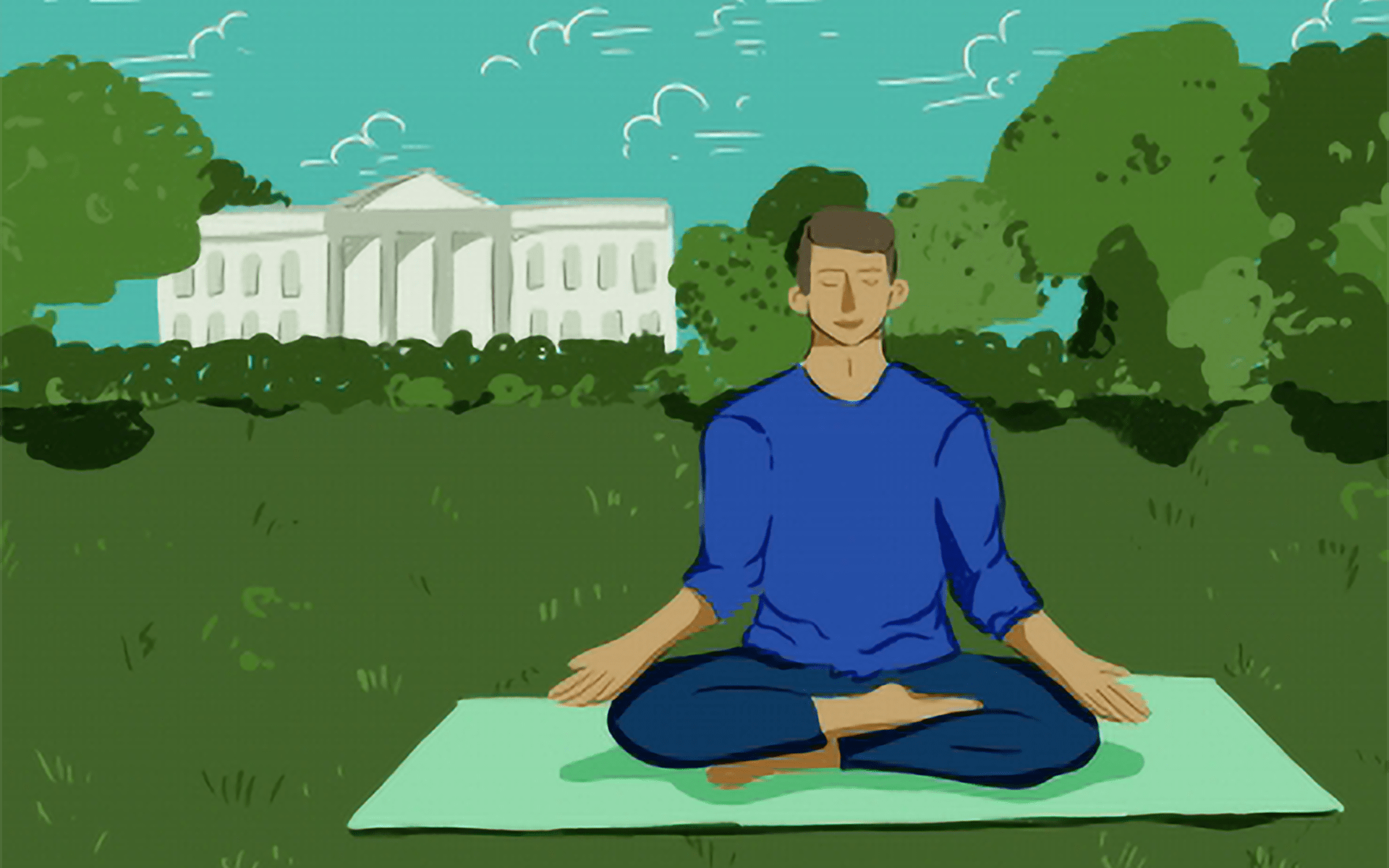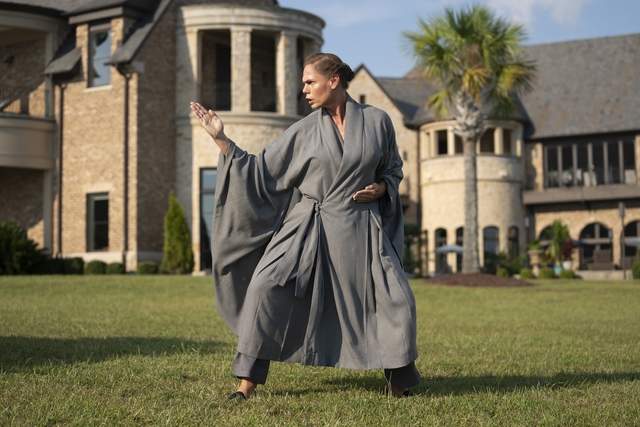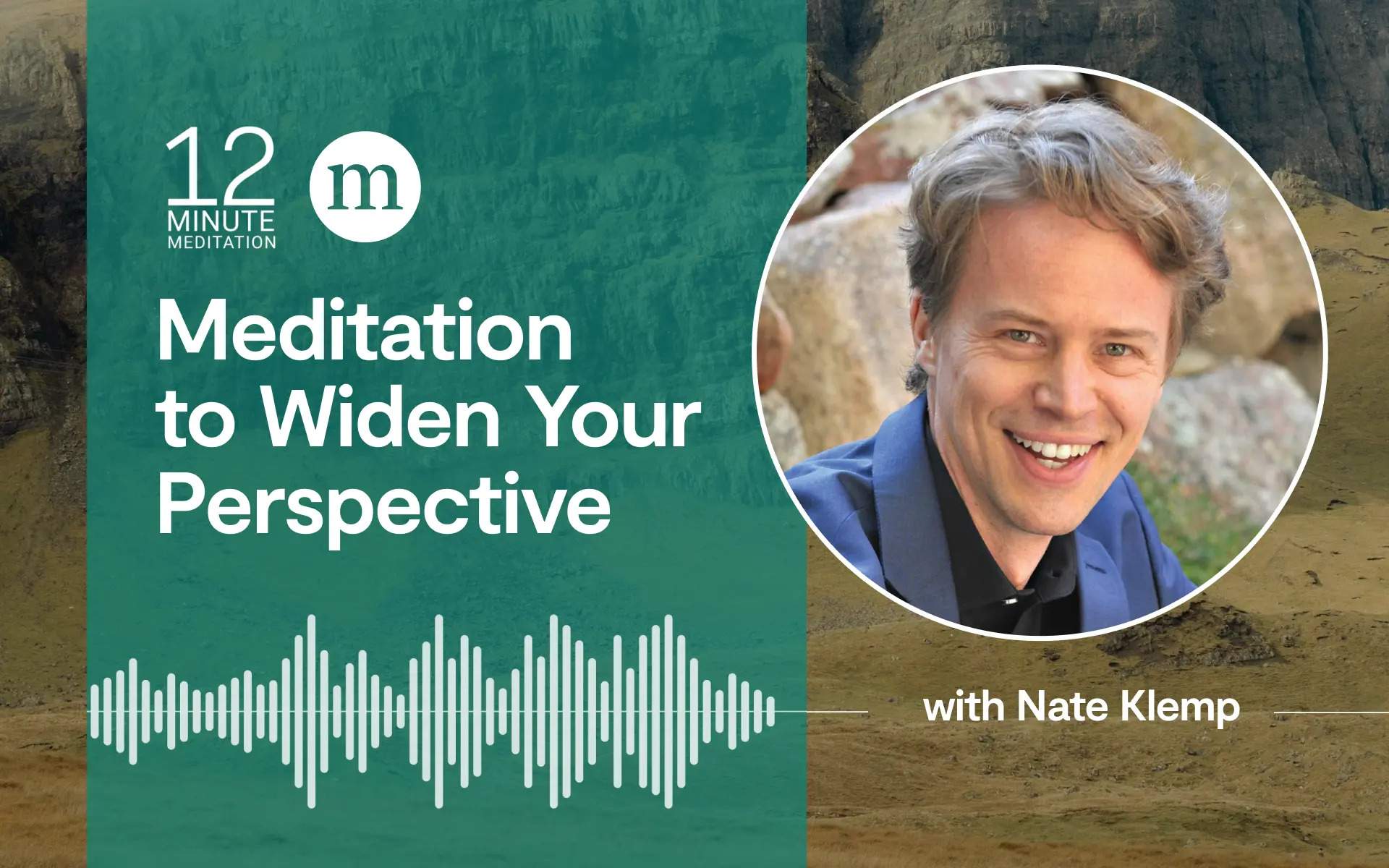America has always been defined by how we have responded to crises. The founders of our country rallied the separate colonies in a unified response to a government that no longer cared about the governed. Following the Civil War, we persevered through a long period of holding the country together after it had been torn apart. After the stock market collapse of 1929, and the Great Depression that followed, America united behind a philosophy that understood that we are all in this together. Our citizens knew in a deep way that surviving and thriving are best achieved when individuals, families, and communities are working in concert for the betterment of everyone.
After Pearl Harbor, the country united once again. Each citizen rose to the occasion and did what had to be done to protect the values we hold dear. Millions of women in my grandmother’s generation answered the call and entered the workforce. They brought their talents and skills out of the home and into the world of commerce. They forever changed the American workforce and broadened and enhanced the role of women in our society. The women of America turned a crisis into an opportunity.
Out of the struggles our citizens endured during the first half of the 1900s, they developed an inner resiliency that became the engine for the economic, political, and social progress that defined America in the 20th century. During the Depression, my great-grandfather walked a couple of miles every morning to the local steel mill to see if they were hiring any workers. Along with hundreds of others, my great-grandpa hoped he would be one of the few to get picked even if just for a few hours of work. He was rarely selected. Nonetheless, he made that walk every day, month after month.
The Inner-Courage of America
My great-grandfather, the millions of working women, the soldiers who served our country—all Americans developed a tenacity and resiliency during difficult times. The trials united us. And as we made it out the other side of those trying times, we were a stronger, more resilient country. The outer strength of our country was a reflection of the inner strength of its citizens.
We witnessed examples of this inner courage in the days after 9/11. The country was operating from our natural instinct for compassion. We were acting from the heart, and we all were touched by the selflessness of others we saw on the news: the first responders sacrificing their own lives by running into burning buildings while everyone else was running out; New Yorkers waiting in long lines to donate blood for the injured; the thousands of caregivers who voluntarily came to Ground Zero from all over the country and risked their personal health to help the victims. These were all marvelous acts of human kindness.
In the weeks and months afterward we rapidly returned to focusing on our differences, and those differences seemed to become even starker. Both personally and publicly, we allowed ourselves to get wedged into attitudes and beliefs that have made us smaller and held us back. As the Homeland Security threat level entered our lives on a daily basis, fear and desperation to fix things took over. But our attempts to fix our outer world have not made us feel much safer or more secure. People are maxed out, squeezed, and crunched.
We can do much better.
We need to stop following the same old habits and patterns that have us stuck in a rut. We need new approaches that can draw out our deep inner resources. Once we learn to tap into these resources, we will find the strength to replenish, reform, and renew our country.
A New Way to Tap into Our Resources
At a deep level, we are more resilient than we know. We are much more powerful and creative than our current state of affairs would suggest. Strip away the materialism, the marketing, the media, and the technology, and our fundamental nature is revealed. You see what was displayed when people pulled together and helped each other out on 9/11: you see courage, confidence, and generosity, all the best qualities that are the essence of being an American—indeed, of being human.
We are fundamentally good.
If we slow down and find some space away from the daily chatter that tells us how to think, who to be, and what to buy, we can discover our capacity for resilience. We can discover that the values that made this country great—self-reliance, diligence, community—are contained within each of us. We’ve tapped into them during great crises and revealed the best of who we are. And we can do it again.
Building A Mindful Nation
Although it may seem like an unusual way to approach serious practical problems, I am convinced that our capacity to be mindful is the natural pathway to addressing so many of the difficulties we face. What is mindfulness? Mindfulness means being relaxed and aware of what’s going on in our own minds. It means calmly paying attention to what we are doing, without being pulled into regrets about the past or fantasies of the future. It’s our capacity to simply fully focus on what we’re doing, and make choices based on awareness of what’s going on inside us and around us.
We Americans will always have our political differences, but mindfulness is something we can all share that transcends our differences and helps us negotiate them.
Lots of activities can spark our mindfulness—whatever gives us periods of space and peace and solitude or takes us from distraction into fully focusing on what we’re doing: Taking a moment to pause, notice, and reflect rather than barging ahead. Listening instead of speaking. Contemplative prayer. Spending time in our garden. Doing yoga or martial arts. Swimming some laps. Pausing for a shared family moment of silence before we start our meal.
We Americans will always have our political differences, but mindfulness is something we can all share that transcends our differences and helps us negotiate them. The evidence I’ve seen tells me that:
5 Ways Mindfulness Can Heal Our Nation
- When we bring mindfulness into health care, we will find a tool that helps us take care of ourselves better and see the roots of many of our problems. An increase in self-care not only makes us feel better, but it also costs our system less, allowing us to focus more of our resources on illnesses beyond our control.
- When we bring mindfulness into education, we help our students increase their attention, decrease their stress, and work more creatively with their social emotions. And teachers find they pay better attention to the real needs of all their students and foster a better classroom atmosphere.
- When we bring mindfulness into the military, we help to enhance the greatest resource we have to ensure our own security and defense, something more powerful than any high-tech weaponry: well-functioning, high-performing human beings who have refined situational awareness.
- When we bring mindfulness into our approaches to energy, the environment, and the economy, we can find ways to live more simply while discovering a kind of prosperity that doesn’t abuse our planet.
- When the caregivers and social workers who aid the most troubled people in our society bring mindfulness into the street, you would be surprised by how they can help the most traumatized people find courage and heart—and how the practice can help the caregivers themselves prevent the burnout that plagues their professions.
We have the wherewithal, the talent, the ingenuity, and the capacity to address these challenges—but we won’t do it by following the same paths that got us here. We need to stop following the same old habits and patterns that have us stuck in a rut. We need new approaches that can draw out our deep inner resources. Once we learn to tap into these resources, we will find the strength to replenish, reform, and renew our country.
How You Can Start Healing American with Mindfulness:
If we shift our perspective through even a small amount of awareness, it can bring about enormous changes. One of the first things you can do is ask yourself, and maybe your friends and loved ones, some important basic questions:
As yourself these questions (and be honest with yourself):
- Am I stressed out? Is it affecting how I get along with my loved ones and perform at my job? Does it seem that stress is affecting our whole country? Where can we see this stress playing out in our national life?
- Am I paying attention to what is truly important to me in life? Are we as Americans paying attention to the truly important things in our national life?
- Am I in touch with the values in my heart that make it worth getting up in the morning? Are we as a nation in touch with the fundamental values that make us feel united as a people and determined to make our country stronger?
- Could I be helped by regular sessions of quiet, still, reflective, focused time? Could it help our leaders? Could it help our nation?
- When do I find time for moments of quiet and reflection? Can I find them more often?
Excerpted and adapted from Tim Ryan’s upcoming book Healing America: How a Simple Practice Can Help Us Recapture the American Spirit. (A revised edition of his 2012 book, A Mindful Nation to be released September 18, 2018.) Mindful’s Editor-in-Chief, Barry Boyce, worked on both editions as an editor.
This adaptation from Healing America (copyright © 2012 by Tim Ryan) appears by permission of Hay House, Inc.
read more
The Mindful Politician: Why Tim Ryan is Promoting Mindfulness in Washington
Editor-in-Chief Barry Boyce interviewed Ohio Congressman Tim Ryan on why he thinks mindfulness has a place in politics and government.
Read More
Trying Compassion on Capitol Hill
Can you extend compassion toward a difficult person in your life? Congressman Tim Ryan tries a practice to help him reach across the aisle.
Read More


